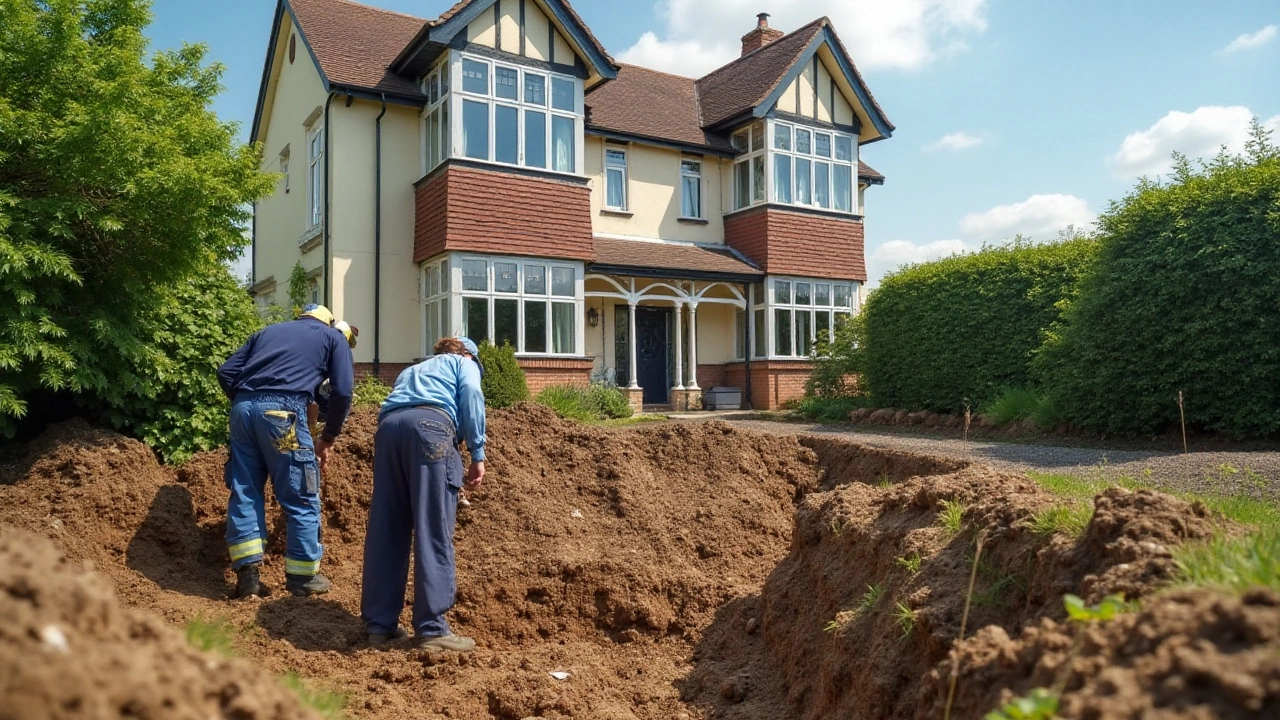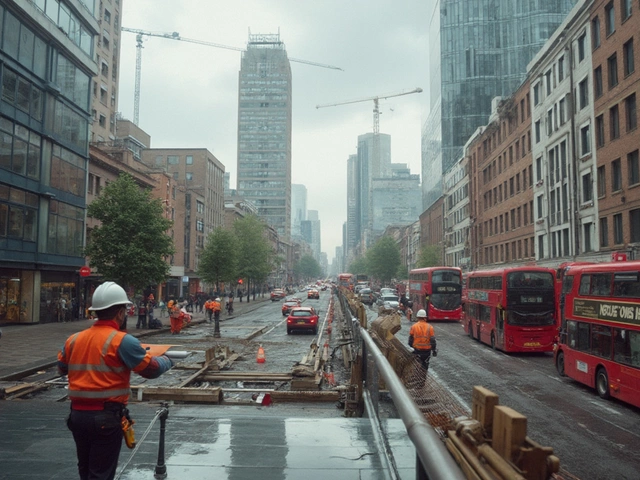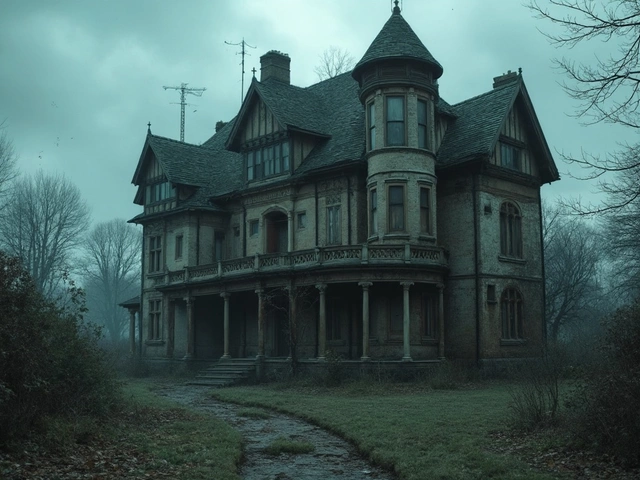Repair Risks: Spot the Dangers Before You Start Fixing Anything
Ever thought you could patch a crack yourself and save a few hundred pounds? Most people do, but ignoring the real risks can end up costing way more. In this guide we’ll walk through the biggest pitfalls when you try to repair a foundation, a cracked wall, or any structural issue. You’ll get straight‑to‑the‑point advice on when it’s safe to roll up your sleeves and when you should pick up the phone.
When DIY Turns Into a Money Pit
Small hairline cracks in a basement wall might look harmless, but they often hide water seepage. If you seal them with cheap epoxy and the underlying soil shifts, the crack will re‑open and water will flood the basement. That extra damage can ruin flooring, furniture, and even the foundation itself. The rule of thumb: if the crack is wider than a quarter‑inch, or if you see water, call a structural engineer.
Another common mistake is re‑grading the soil around the house without proper knowledge. Moving soil too close to the foundation can increase pressure on the walls, leading to bowing or cracking later on. A simple landscaping change can become a structural nightmare if you don’t understand drainage patterns. Always check the slope – the ground should drop at least six inches for every ten feet away from the house.
Professional Help: What It Actually Covers
When you hire a foundation specialist, you’re not just paying for muscle. They’ll assess soil type, moisture levels, and load‑bearing walls. They’ll also recommend the right repair method – whether it’s piering, slab jacking, or carbon‑fiber reinforcement. Each method has a cost range, but picking the wrong one can cause the problem to come back in a year.
Most pros also provide a warranty on their work. That means if the crack re‑appears within the warranty period, they’ll fix it at no extra charge. This safety net is something a DIY fix can’t offer. It’s worth the upfront cost if it saves you from another repair bill down the line.
Finally, consider the health and safety angle. Cracks near electrical wiring or gas lines are a red flag. Attempting to repair them yourself can create fire or explosion hazards. Licensed contractors know how to work around these services safely.
Bottom line: not every repair is worth the risk. Start by asking yourself three quick questions – Is the problem structural? Is water involved? Do I have the right tools and knowledge? If the answer is yes to any, get a pro in early.
By understanding the hidden dangers and knowing when to call an expert, you’ll keep your home safe and your wallet happy. Skip the guesswork, spot the risks, and choose the right path before you pick up that hammer.
Understanding the Impact of Foundation Repair on Your Home Structure

Foundation repair is essential to maintaining the structural integrity of your home, but sometimes the process itself can lead to additional complications. Factors like improper techniques, low-quality materials, or unforeseen soil conditions might cause harm instead of resolving the issues. By understanding common pitfalls and working closely with experts, homeowners can mitigate risks associated with foundation repair. Learn about potential damages, the importance of choosing the right contractor, and how to avoid common problems during repair projects.
read more



